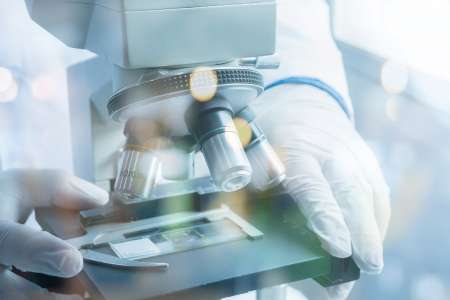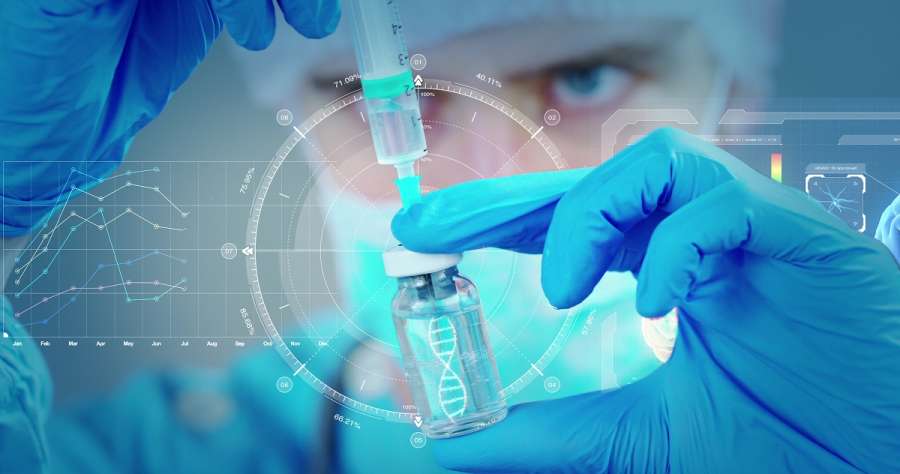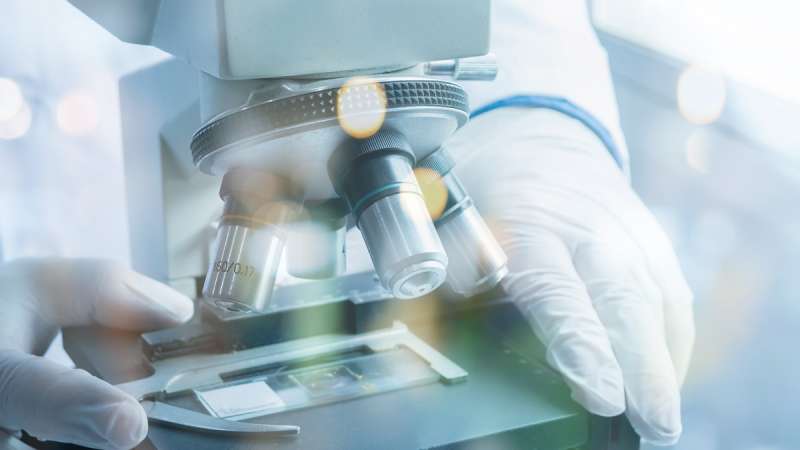Regulatory compliance
The regulatory framework applicable to businesses that manufacture and distribute medicines and medical devices is complex. It governs areas such as clinical trials, marketing authorisations, labelling and packaging, and pharmacovigilance.
Rules relating to all businesses, such as data protection, advertising and distance selling, have specific applications in the life sciences sector.
Moreover, the regulatory scene for businesses based or operating in the UK has become more complex due to the divergence of applicable regimes following Brexit.
Ensuring that the business which is the subject of the potential acquisition is operating fully in accordance with applicable regulatory requirements is, therefore, a key focus of legal, due diligence and will require an investigation of the full scope of the business's activities and distribution arrangements.
Intellectual property
Rights in respect of intellectual property form key assets of any life sciences business and take many forms.
They could include ownership of patents for the medicines and medical devices that a business has developed or ownership of a valuable trade mark reflecting the value of its brand.
They may also include licences of intellectual property permitting a business to manufacture and distribute a third party's products.
The question of what types of inventions can be patented has been extensively explored with specific applications to the life sciences sector (e.g., uses of naturally occurring biological material such as genetic material).
Understanding the nature of the patents held by a target business is a key concern for the buyer.
Organisations in the life sciences commonly engage in collaborative research and development with commercial and academic partners, ensuring that the chain of ownership concerning intellectual property assets is clear.
A buyer will want to understand the nature of the business's registered intellectual property rights and how the business has protected its confidential information and know-how, which may be key to its competitive advantage.
Choosing how much information to share and when is an important strategic decision for the seller in the context of a prospective transaction.

Commercial arrangements
Life sciences businesses enter into a wide range of agreements, often reflecting contracting principles and approaches that are distinctive to the sector.
The buyer of a life science business will want to understand its place in the market, considering any upstream and downstream agreements regarding manufacturing, supply and distribution.
Any research and development agreements the business is currently party to or under which key products of the business may have been developed in the past should be identified and reviewed to understand their implications for the business going forward.
Similarly, it is crucial to check that the business has valid agreements allowing it to use any third-party intellectual property which it uses under licence and that it has complied in full with the terms of such licences.
For all of these commercial arrangements, the buyer will want to confirm that the agreements governing them are properly documented and that they can be expected to continue in effect following the transaction as required for the continued operation of the business (for example, are they assignable or are they terminable upon a change of control?).
Once the buyer is confident that the contracts in place are all that are required for the business, an analysis of each contract and a comparison with industry norms can highlight potential areas where the business can be improved.
People
The highly qualified people employed or engaged by the business are a key "asset" as they are necessary for the successful operation of a life sciences business.
Careful consideration should be given to the target business's current employees, workers, and consultants in contrast to its needs to ensure that the business can continue to run successfully post-completion.
Buyer should also look at the relevant terms of their employment or engagement to ensure that they are suitable and incentivised and have appropriate terms relating to vesting in the business of any patents or other intellectual property created by them during their employment or engagement.












